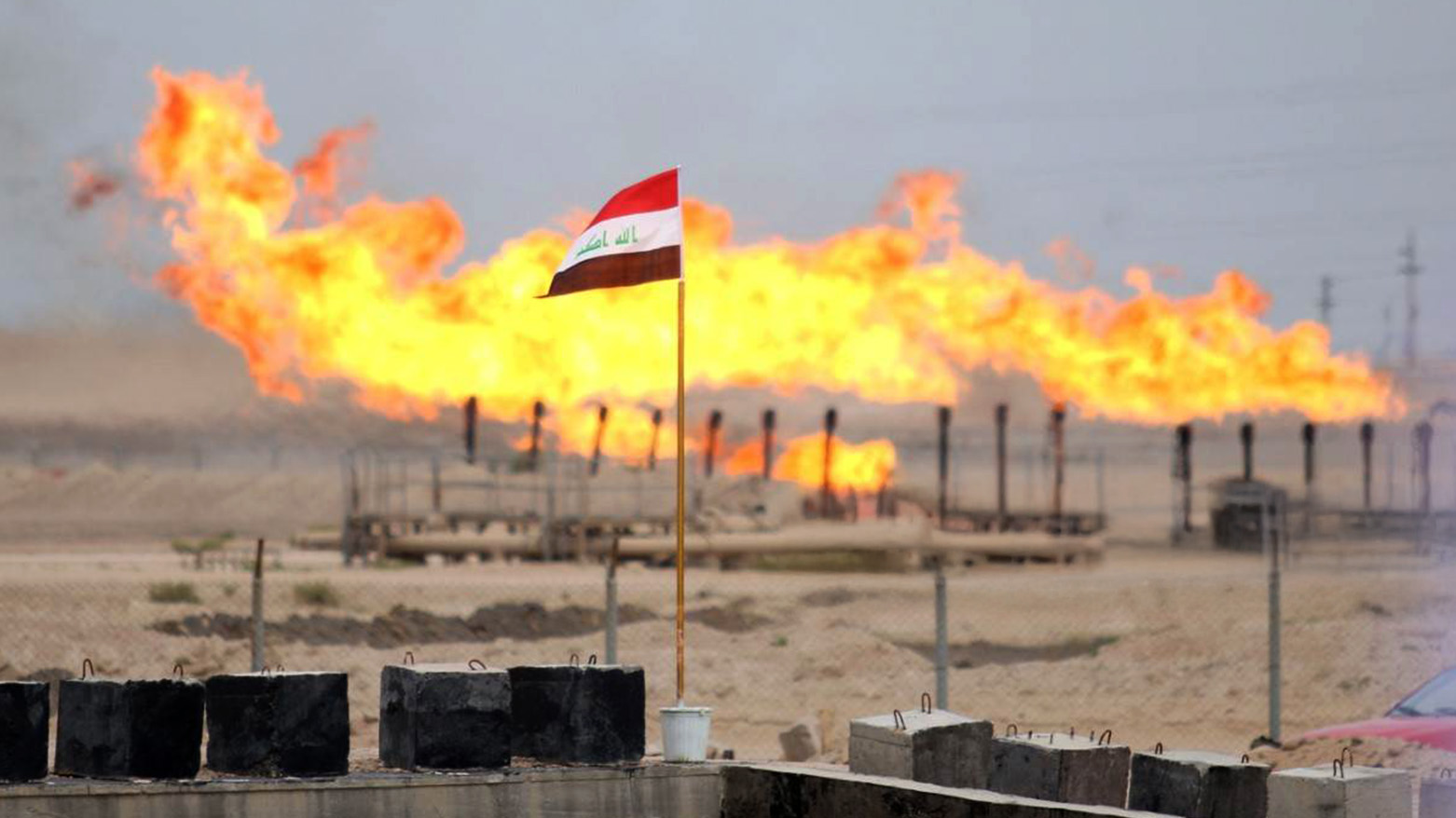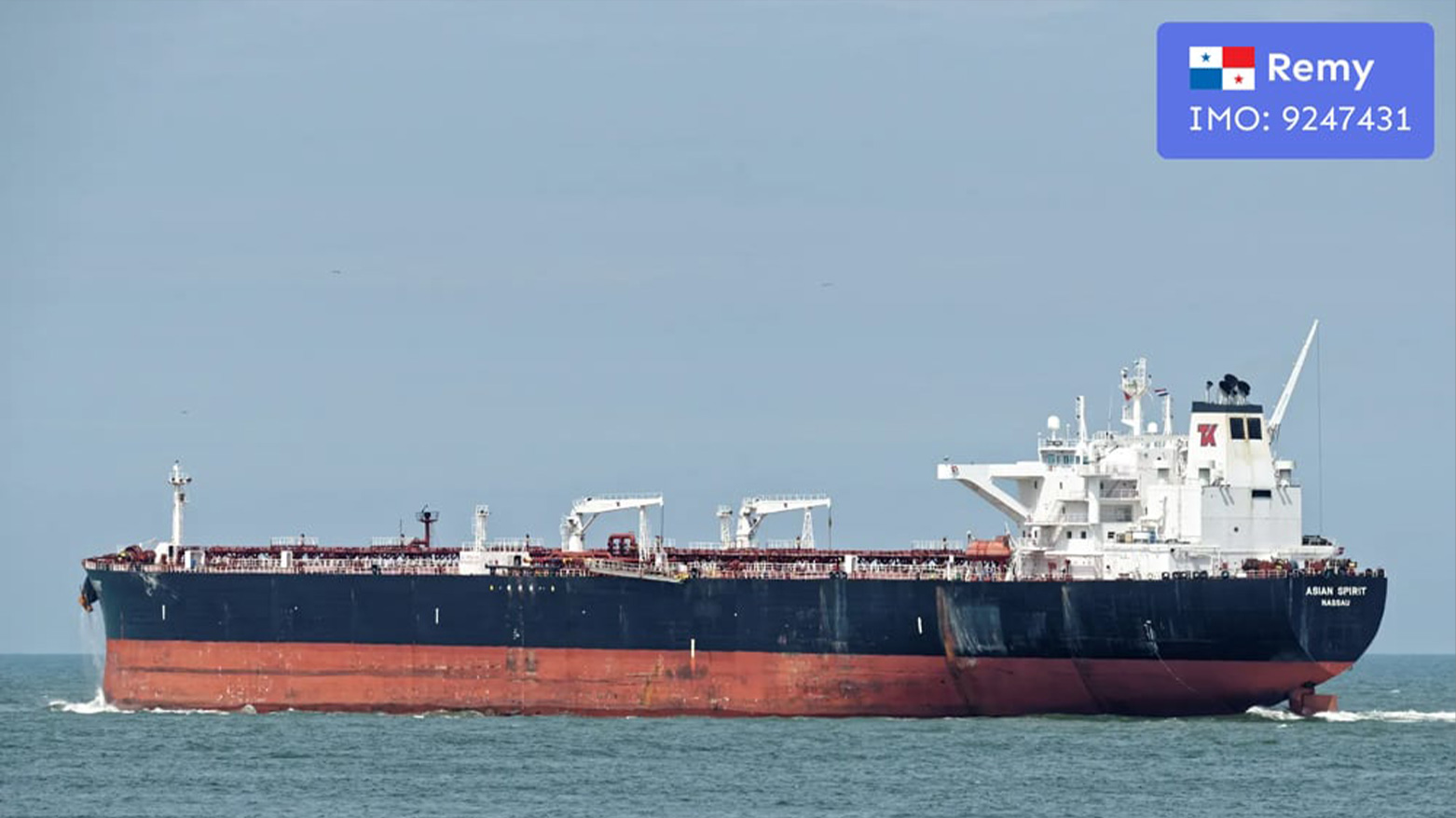'US May Sanction State Oil Company, Central Bank,' Iraqi MP
The Iraqi MP stated that Washington has warned Iraq’s political forces of potential sanctions on the Central Bank and SOMO, along with travel bans and bank restrictions on key figures.

ERBIL (Kurdistan24) – Mustafa Jabbar Sanad, an independent Member of Parliament from Iraq's southern province of Basra and a member of the Iraqi Parliament’s Finance Committee, has warned that Iraq’s political and financial stability could face serious disruption as the United States considers imposing sanctions on key Iraqi financial and energy institutions, including the Central Bank of Iraq and the State Organization for Marketing of Oil (SOMO).
Sanad revealed that Washington has directly threatened Iraq’s political forces with punitive measures, including potential sanctions on Iraq’s Central Bank and SOMO, along with restrictions on personal bank accounts and travel bans targeting prominent political figures.
He warned that such moves would cripple Iraq’s international banking transactions and paralyze the country’s financial markets, while also posing a serious risk to oil exports—the government’s primary revenue source.
Sanad’s statement has raised concerns among experts and officials, who believe that US-imposed sanctions could push Iraq into economic turmoil, trigger widespread financial instability, and further complicate Iraq’s delicate political landscape.
The possibility of sanctioning SOMO, Iraq’s national oil marketing company, has sparked controversy among energy experts. Salah Mousawi, an energy analyst, argues that such a move lacks justification, as SOMO has not committed any violations under US law or international standards.
“Oil smuggling operations are carried out through well-known local Iraqi parties, which transport crude to Iran’s Bandar Abbas, where it is sold for as low as $20 per barrel or blended with Iranian oil and rebranded for the global market using forged documents,” Mousawi explained. “However, these activities are not conducted by SOMO itself.”
Mousawi emphasized that rather than sanctioning SOMO, US authorities should target the actual perpetrators of oil smuggling operations. “SOMO operates according to Iraqi laws, and penalizing it would have far-reaching consequences for Iraq’s ability to sell its oil legally.”
Iraq’s Role in Iran’s Sanctions Evasion: A Reuters Investigation
A Reuters report revealed leaked documents suggesting that Iraqi entities were complicit in facilitating Iranian oil smuggling through SOMO. According to these documents, Iranian oil was allegedly exported as Iraqi crude by exploiting ships registered under different names and using forged paperwork. The report adds weight to concerns that elements within Iraq’s political and economic system may be enabling Tehran to bypass US-imposed sanctions on Iran’s energy sector.
If proven true, these revelations could serve as the basis for Washington’s threats, as the US has consistently sought to curb Iranian oil exports and prevent Iraq from serving as a conduit for Tehran’s sanctioned crude.
The Reuters special report uncovered how Iran has systematically evaded Western sanctions by leveraging shadow tankers, forged documentation, and ship-to-ship transfers to disguise the origins of its oil.
At the core of this clandestine trade network is Iraq, whose oil documentation and export routes have been manipulated to facilitate Iran’s illicit operations.

The Case of the Remy: A Tanker with a Dual Identity
One of the most striking revelations in the Reuters investigation was the case of the oil tanker Remy, which was officially recorded in February 2023 as carrying 1 million barrels of crude from Iraq’s Basra oil terminal. A certificate of origin from Iraq supported this claim, making it appear as legitimate trade.
However, leaked emails from Tehran-based Sahara Thunder, an Iranian oil smuggling firm, revealed a different reality. The Remy, also operating under the alias Deep Ocean, had in fact loaded its cargo from Iran’s Sonia 1 via a covert ship-to-ship transfer, directly contradicting the official Iraqi documentation. Satellite imagery from the European Space Agency confirmed the illicit transfer, further exposing how Iranian oil was falsely labeled as Iraqi crude to bypass international sanctions.
Forgery and the Role of Iraqi Documentation
According to Reuters, leaked Sahara Thunder emails reveal that Iranian oil shipments frequently relied on forged Iraqi documentation to appear as legitimate exports. These falsified records included fake certificates of origin falsely issued in Iraq, as well as bills of lading and cargo manifests that listed Iraqi ports as departure points to mislead authorities. Additionally, port clearance papers were fabricated to help shipments evade inspections, further obscuring the true origins of the oil.
Upon inquiry, Iraqi authorities dismissed the documents as poor forgeries, with SOMO confirming that the Remy had never officially loaded oil from Iraq’s ports. However, the repeated use of Iraqi paperwork suggests either corrupt actors within Iraq’s oil sector or serious lapses in oversight.
How Iraq Enables Iran’s Sanctions Evasion
The Reuters investigation uncovered multiple ways in which Iraq’s oil infrastructure was manipulated to facilitate Iran’s sanctions evasion. One key method involved forged certificates of origin, allowing Iranian crude to be falsely labeled as Iraqi oil, making it more acceptable to international buyers. Additionally, shipping records were manipulated, with tankers officially registered as loading in Basra when, in reality, they were engaging in illicit ship-to-ship transfers at sea. Iraq’s geographical proximity to Iran further enabled smuggling operations, as its ports and trade routes provided convenient cover for disguised Iranian oil exports. While Iraqi authorities deny any official involvement, the repeated use of forged documents raises serious concerns about weak regulatory oversight and possible collusion within Iraq’s oil sector.
What This Means for Iraq: Economic and Political Ramifications for Iraq?
The potential for U.S. sanctions poses a significant threat to Iraq’s economy, which depends on oil exports for nearly 90% of its state revenue. Any disruption in crude sales could jeopardize the government's ability to pay salaries, maintain essential services, and sustain economic growth.
Beyond economic repercussions, the political fallout could be severe, further straining U.S.-Iraq relations, which have already been tested by Baghdad’s close ties with Tehran and Washington’s pressure to curb reliance on Iranian energy imports. A financial crackdown from Washington could inadvertently push Iraq deeper into Iran’s sphere of influence, diminishing American leverage in the region.
The Reuters report underscores the growing risks Iraq faces as international scrutiny on Iran’s oil trade intensifies. The repeated use of forged Iraqi-origin documentation raises serious concerns about regulatory oversight and potential corruption within Iraq’s oil sector.
If Washington imposes sanctions on SOMO or the Central Bank of Iraq, the Iraqi government could be left grappling with crippling economic consequences, further complicating its already delicate position.
Additionally, the involvement of Iraqi political and business entities in facilitating Iran’s sanctions evasion could exacerbate tensions with the U.S., potentially deepening Baghdad’s diplomatic and financial vulnerabilities.
A Critical Juncture for Iraq’s Leadership
As Washington deliberates its next move, Iraqi officials face a difficult balancing act—maintaining diplomatic ties with the US while preventing Iraq’s financial and energy institutions from becoming further entangled in Iran’s illicit oil trade.
Whether Iraq takes decisive action to curb smuggling operations or risks being swept up in broader US economic penalties remains to be seen. However, the revelations from Reuters suggest that without stronger enforcement, transparency, and global coordination, Tehran’s lucrative oil smuggling operations are likely to continue—despite ongoing US sanctions.
